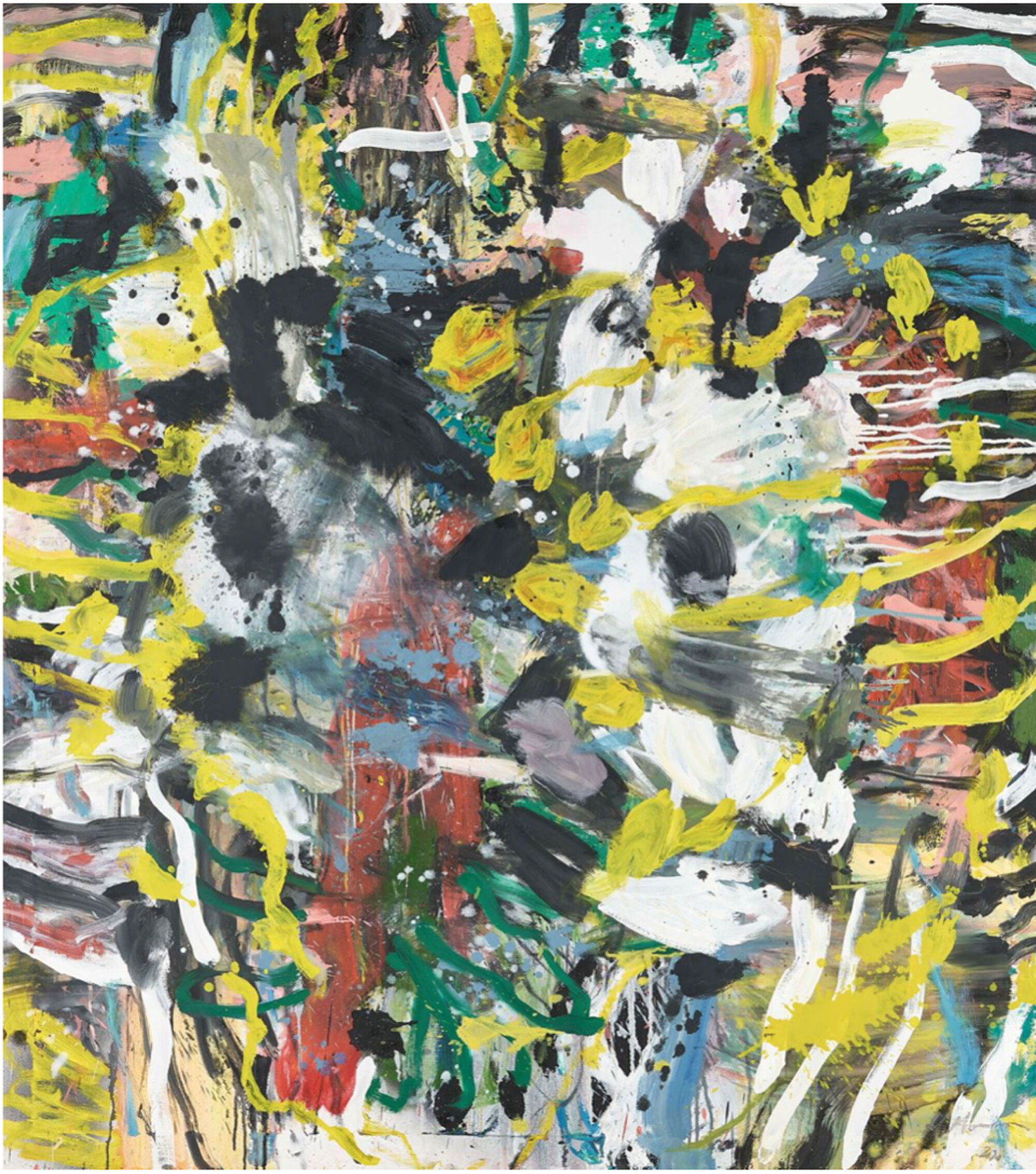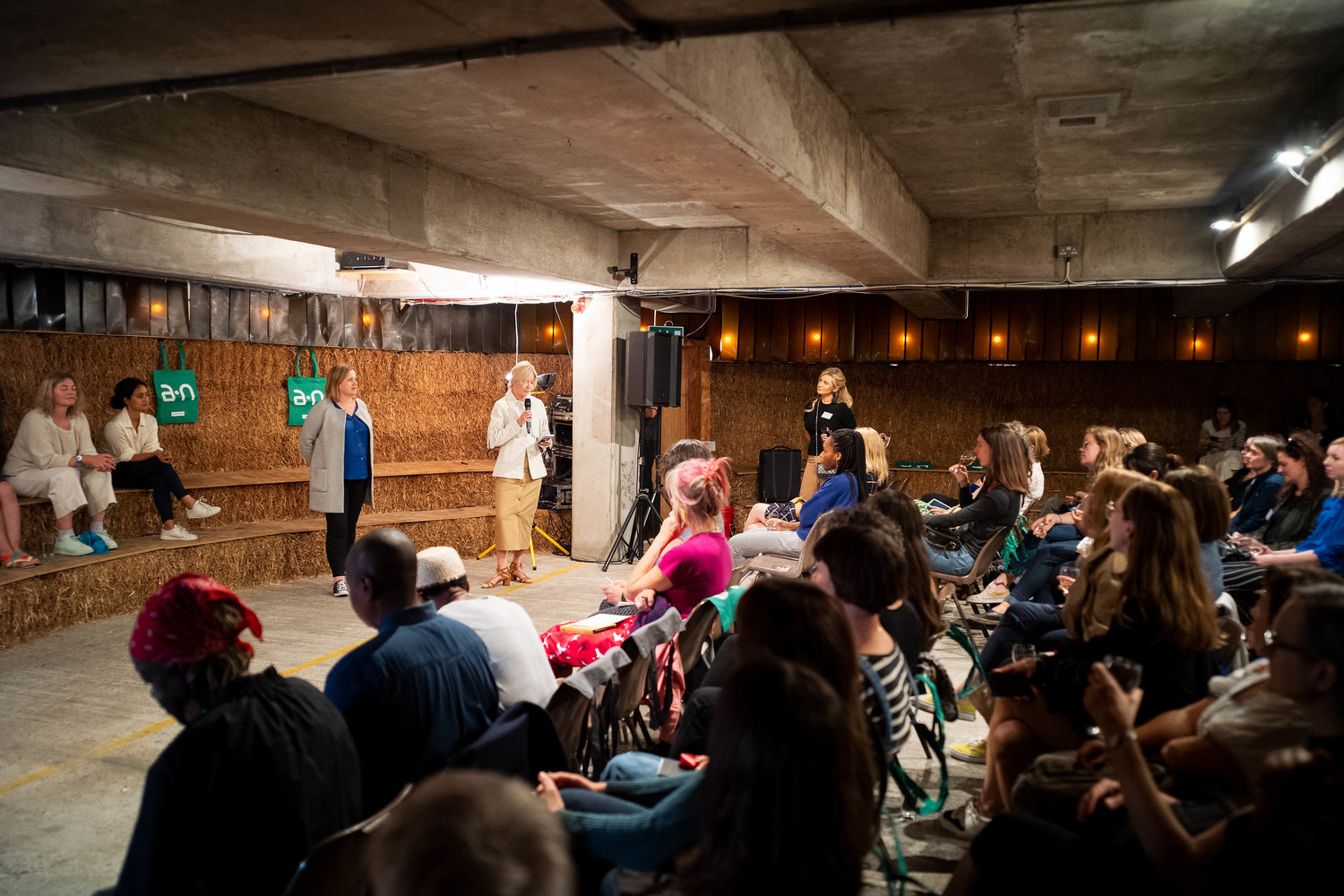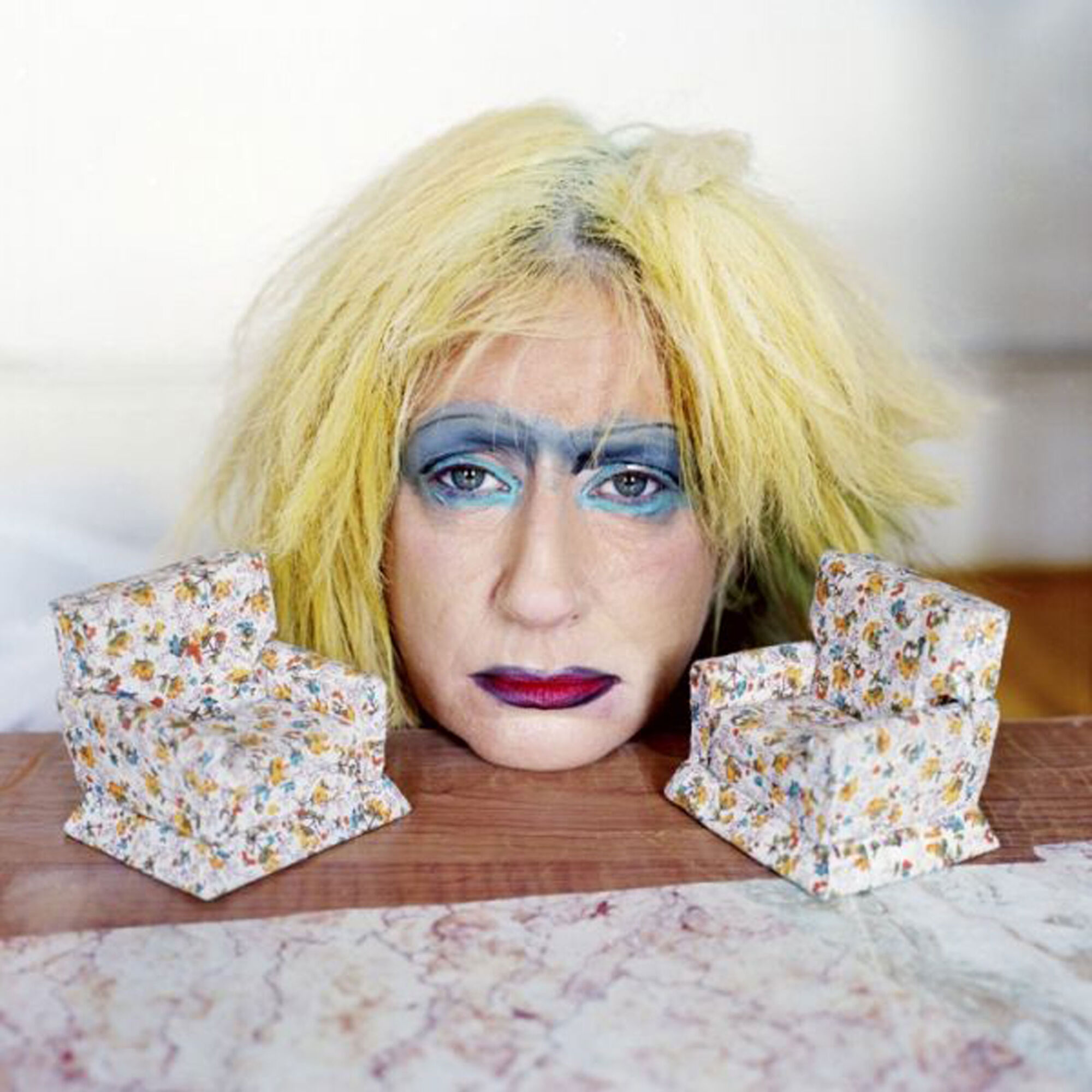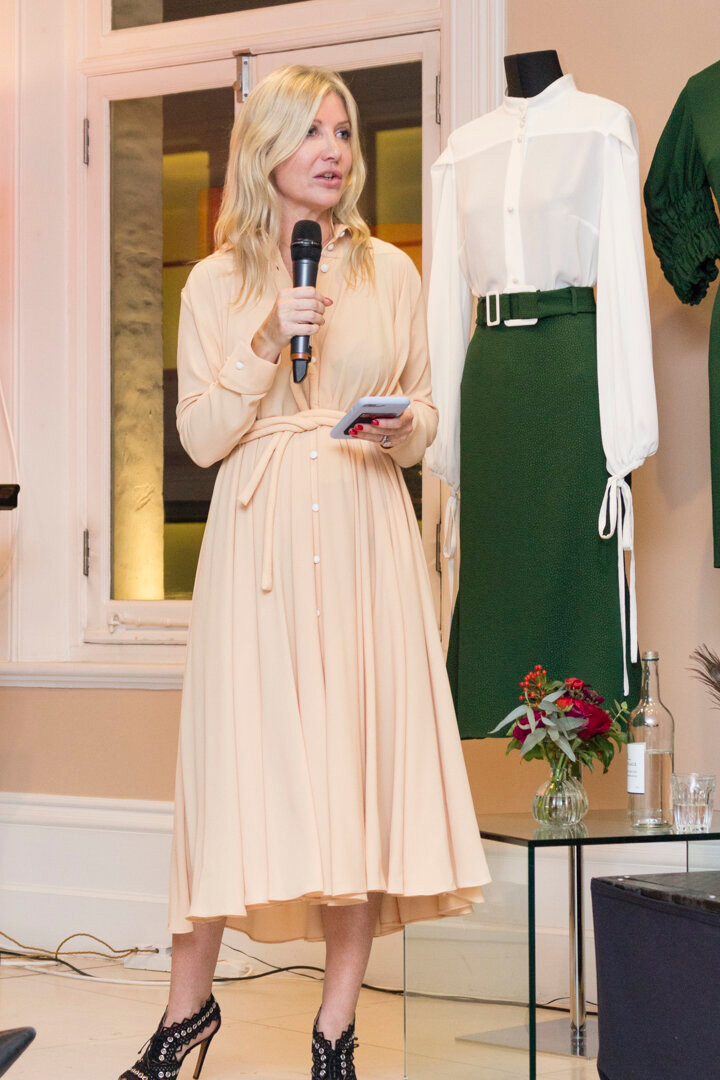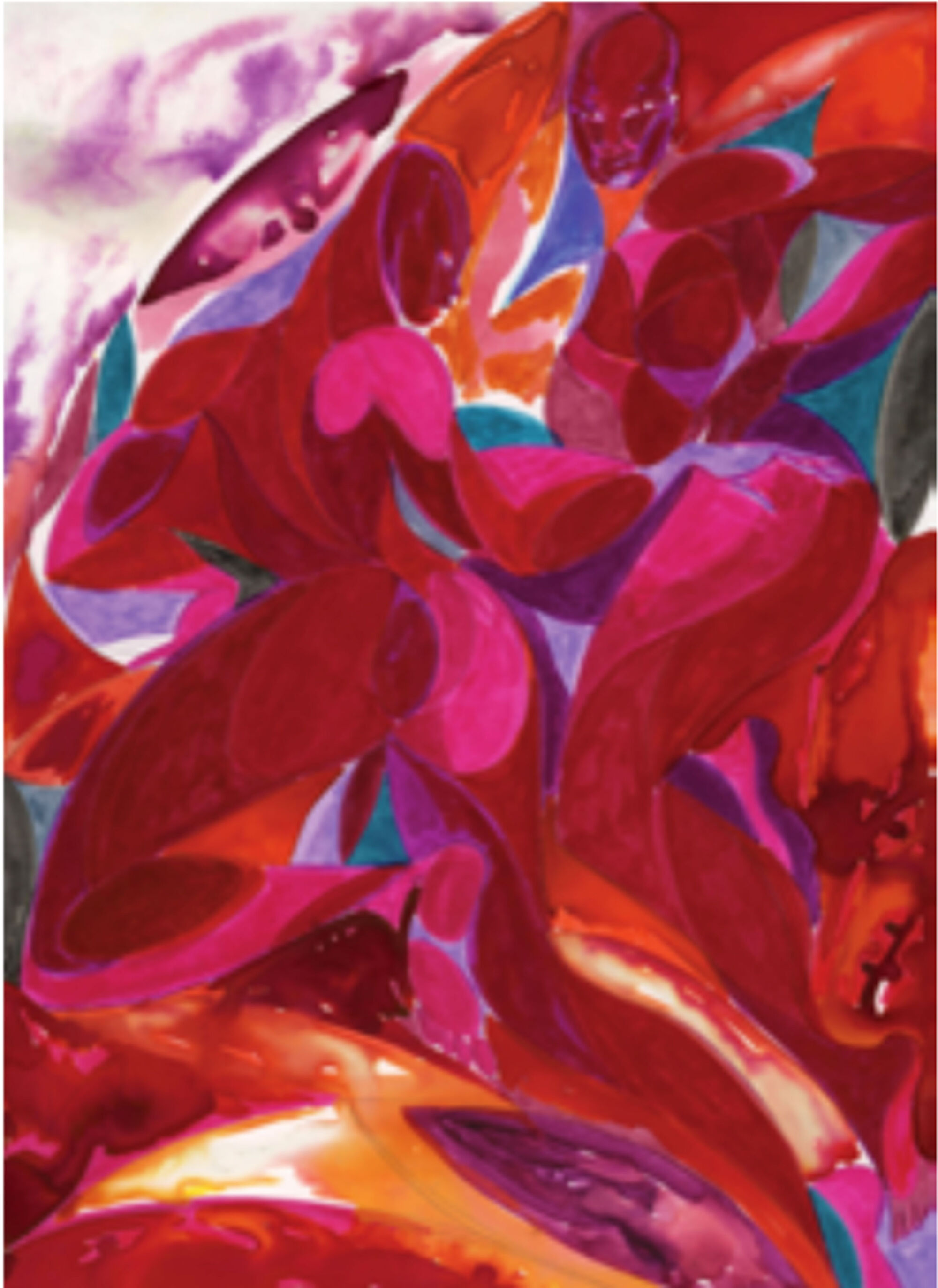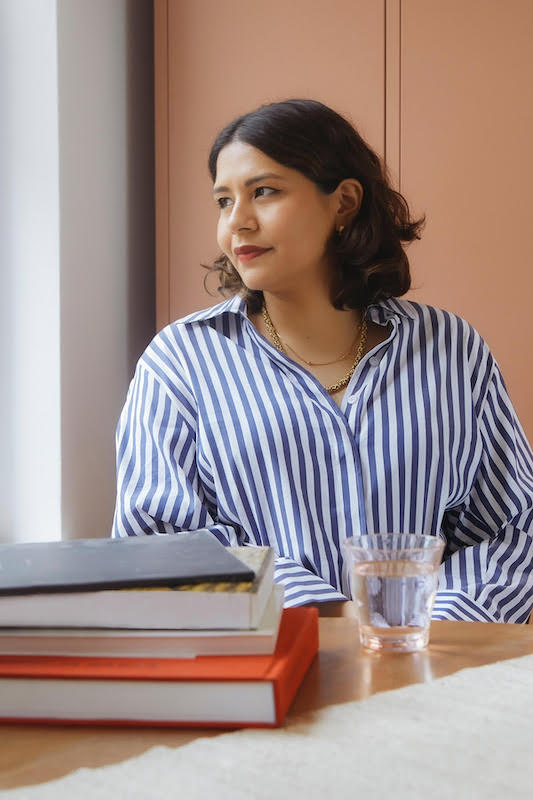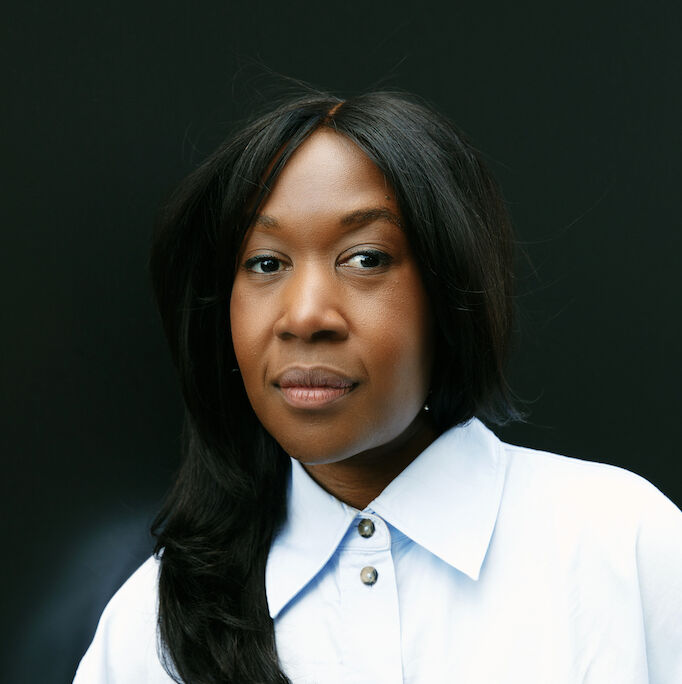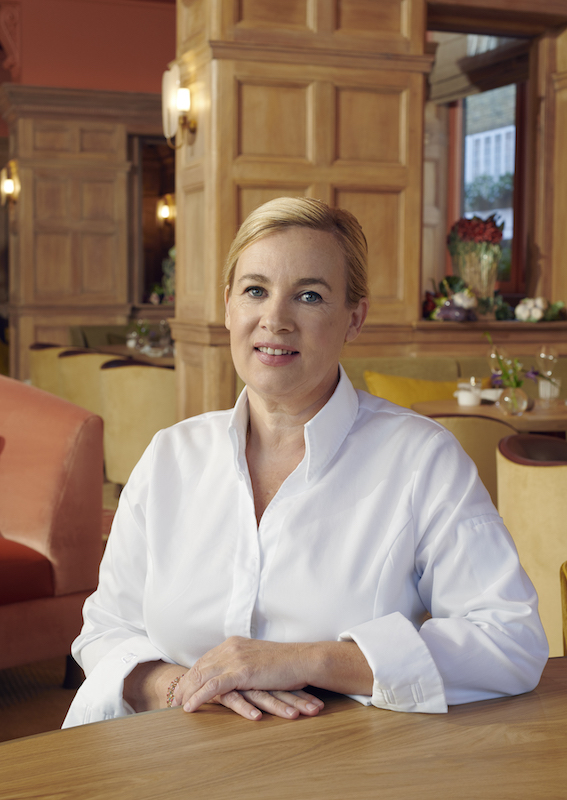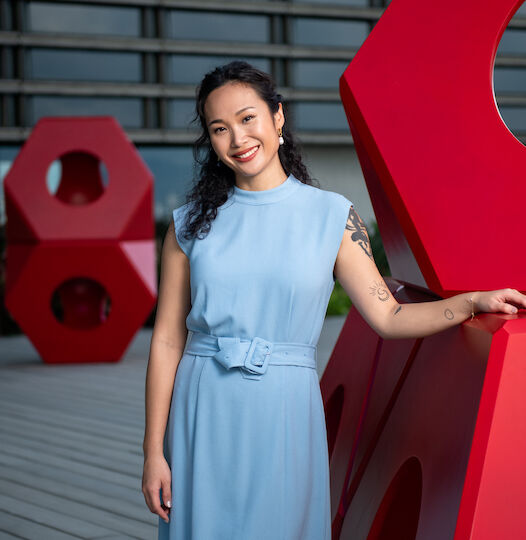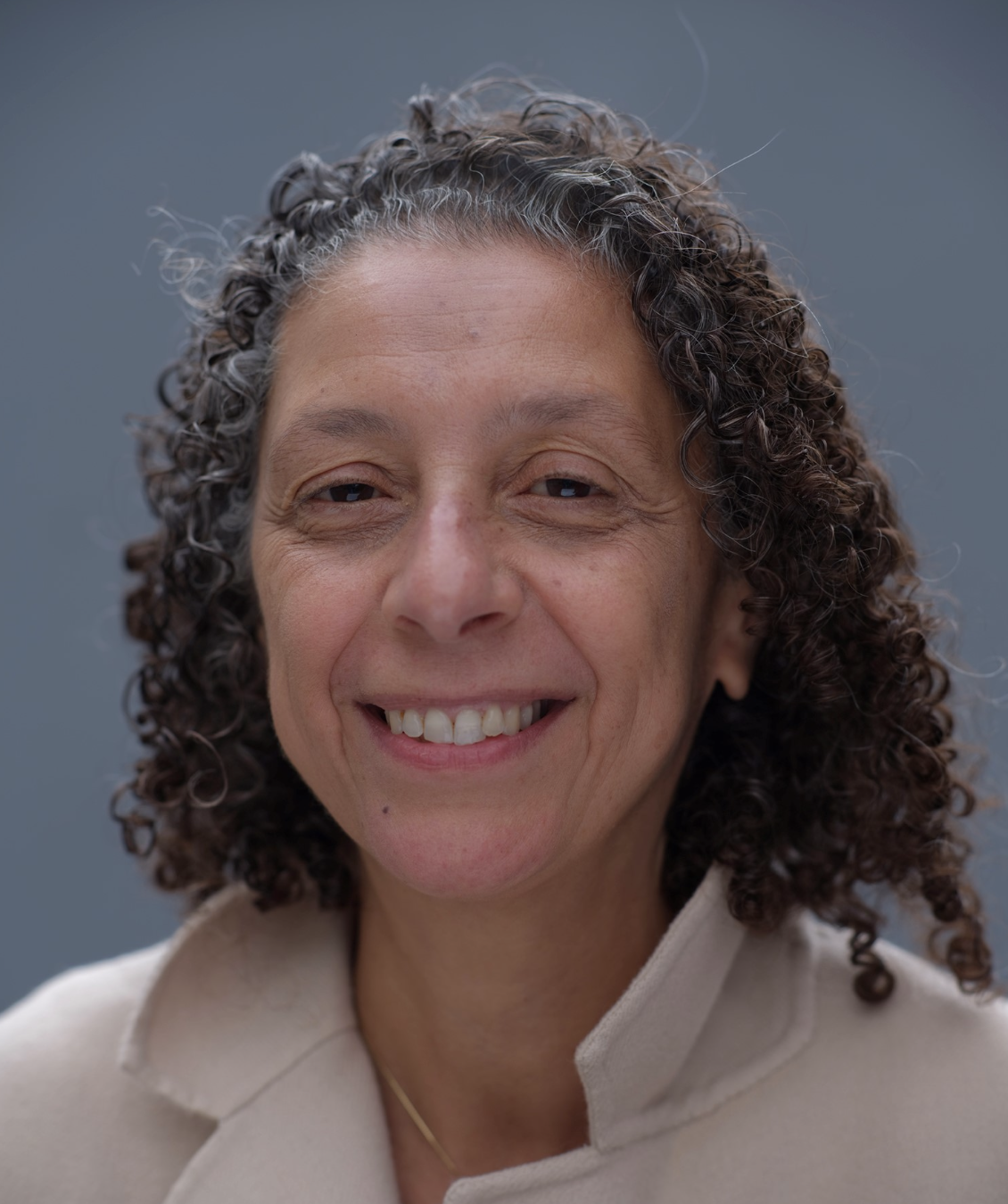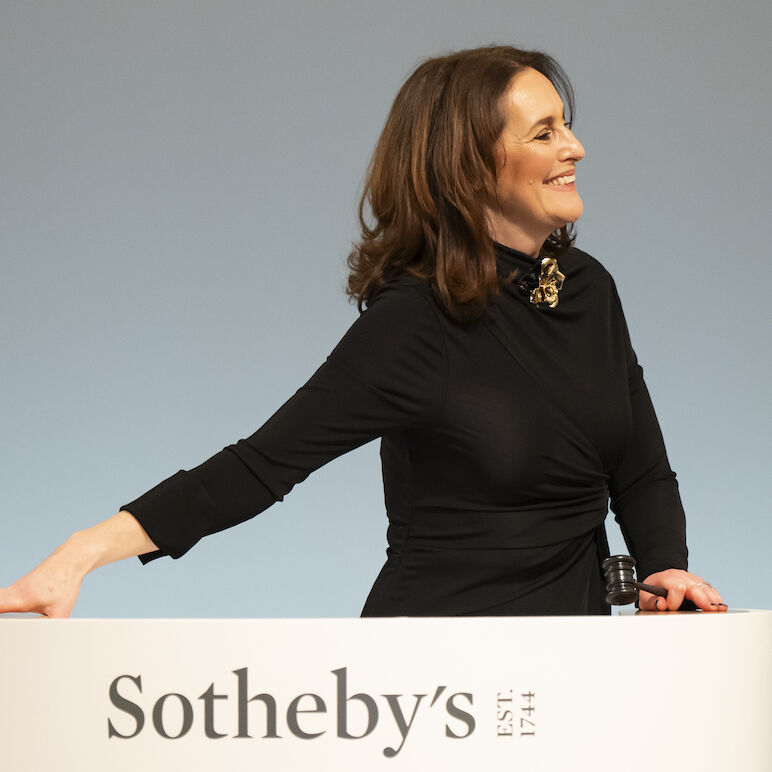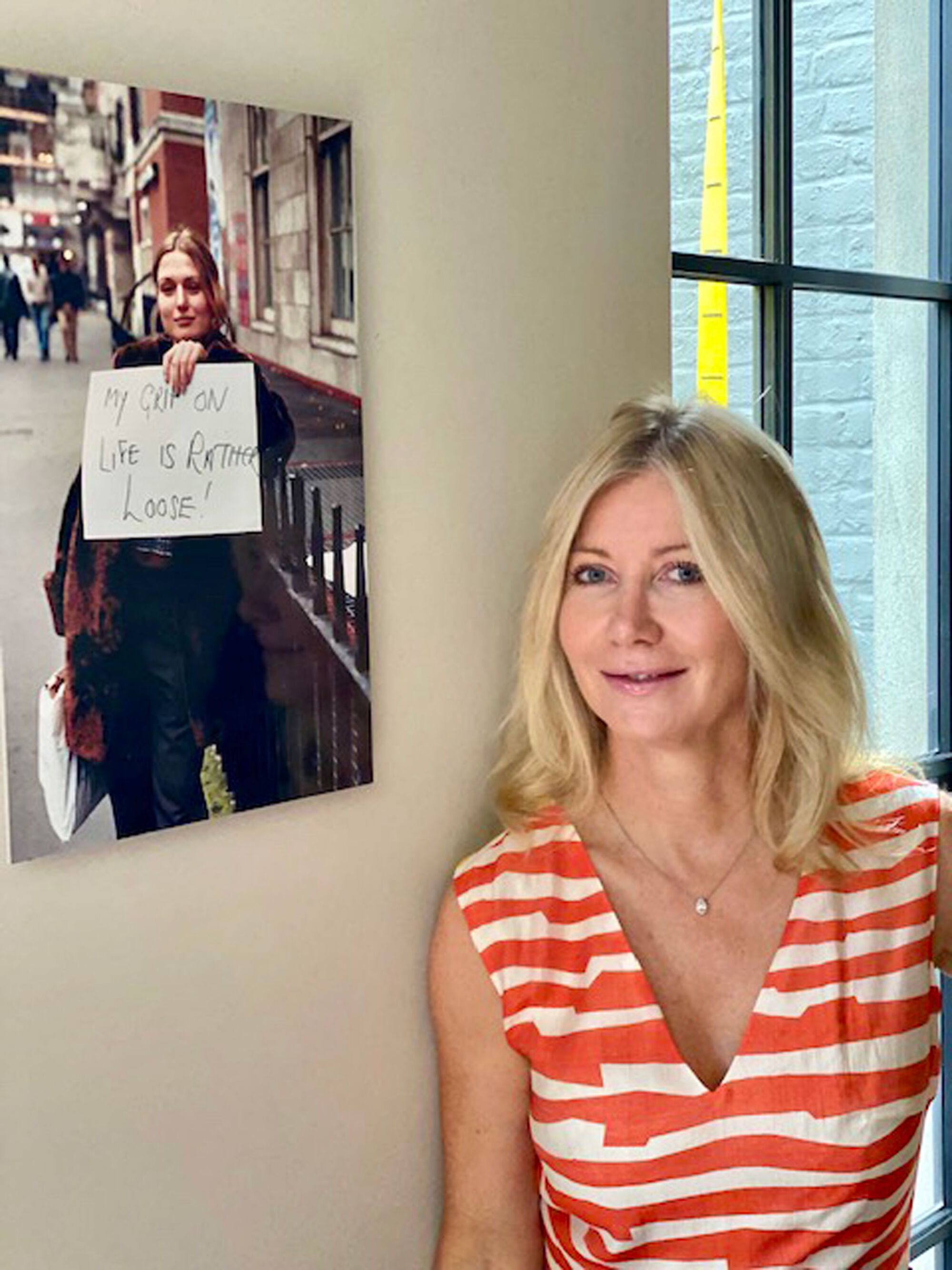

Interview Curator, cultural strategist and co-founder of AWITA, Sigrid Kirk
And if that wasn’t impressive enough, she is the co-founder of Arts Co, a cultural production agency that creates content, advises on strategy and produces events across fashion, art, design, film and theatre, and currently curates Bloomberg’s ‘Waste Not Want It’ series. So far, this environmental initiative, which encourages designers and artists to create innovative, functional installations out of recycled waste, has commissioned 40 projects by 37 artists and designers over the last five years.
THE WICK: Who is your ultimate Monday Muse?
Sigrid Kirk: I select Elizabeth Montagu (1718 – 1800), British social reformer, patron of the arts, salonnière, literary critic and writer, who helped to organise and lead the Blue Stockings Society. Her home was the premier salon in London and was frequented by Samuel Johnson, Joshua Reynolds, Edmund Burke, David Garrick, Horace Walpole and female authors including Elizabeth Carter, Hannah More, Frances Burney, Anna Barbauld, Sarah Fielding and Hester Chapone. In a culture which held mixed and shifting views on female authorship, the Bluestockings encouraged others by example and patronage by connecting and negotiating gendered social boundaries to achieve cultural visibility and possibilities for intellectual women. And I still think today a good “salon” (especially with the right cocktail in hand) is unbeatable as a cultural and social experience.
TW: Talk us through your latest art acquisition and what made you choose it.
SK: I recently purchased a work by Misheck Masamvu from his solo show at Goodman Gallery. Masamvu lives and works in Harare, Zimbabwe and Johannesburg, South Africa. Working predominantly as a painter and sculptor, Masamvu describes his works as “mutants” that oscillate between abstraction and figuration. His emotionally charged paintings wage a personal battle in paint against the ideology of government and the breakdown of humanity. His works can be understood as marks that point to the realities of his own lived experience and mental and psychological space. Masamvu was one of the runaway stars of the 2020 Sydney Biennale and the colourful charge of energy, restlessness and multiplicity shows a defiant refusal to stay still. It is some time since I had felt the pull of paint, of wanting to dance in a gallery… they symbolise painting in fluxes and felt timely for now.
TW: What’s the book you would pass on as a gift?
SK: This lockdown I’ve devoured The Ministry of the Future by Kim Stanley Robinson, an ambitious systems novel about global warming and global civilisation. Full of hard scientific fact, it is at times darkly comic but also full of visionary optimism. It’s a refreshing change from what I dub “Thunberg talk” and a great place to start a robust and thoughtful discussion on the policies, mindsets and practicalities needed to address climate change; something I’ve been interested in for 15 years since working with the environmentalist and explorer David de Rothschild on cultural projects.
TW: What would your advice be to someone looking to start supporting the arts?
SK: Find a cause or an organisation that’s working towards something you feel passionate about, have an interest in or feel connected to in some way. I believe art is necessary for our souls. If you think about supporting the arts, not as a process but as a fundamental health protocol, as something that should be prescribed – it’s much harder to ignore it as a part of your daily routine. Museums are a great place to start by joining as a member – you will meet like-minded people and get access to extra learning opportunities, but also look at smaller nonprofits who often run weekend sessions and may value your involvement. Giving your time or leveraging your connections can be even more useful than writing a cheque.
“If you think about supporting the arts, not as a process but as a fundamental health protocol, as something that should be prescribed – it’s much harder to ignore it as a part of your daily routine.”
